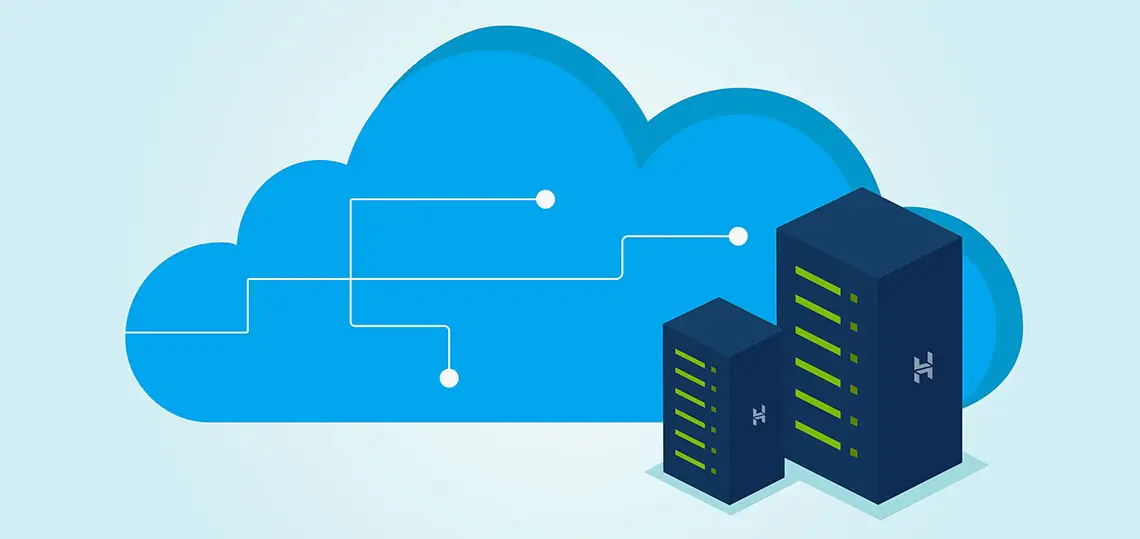
The development of the original firewall, as it pertained to network technology, began back in the late 1980s. Since then, firewalls have grown to serve as the first line of defense in safeguarding our digital world. In this article, we explain what a firewall is and explore five types of firewalls that exist to protect our networks from various cyber threats.
What is a firewall?
A firewall is a network security system, designed to monitor as well as grant or limit, inbound and outbound network traffic to a private computer network, based on an established set of security rules.
What does that mean? At its core, a firewall is designed to protect a website by blocking malicious incoming and outgoing traffic via the internet.
A firewall also collects network traffic that can assist in understanding and mitigating the risk of cyber attacks.
Who Provides a Firewall?
Generally speaking, a firewall is typically a product/service provided by the hosting company to its customers. That said, a firewall is usually offered as an optional security product (service), that is paid in addition to the cost of the hosting plan itself.

Types of Firewalls
Next, we discuss the five fundamental types of firewalls.
Hardware Firewalls: Fortifying Your Network
Hardware firewalls, also known as network firewalls, are physical devices that monitor and control incoming and outgoing network traffic. Analogous to a security checkpoint, hardware firewalls analyze data packets to determine whether they should be allowed into the network or blocked. These firewalls offer centralized protection for all devices connected to the network, making them an essential component of enterprise security infrastructure.
Software Firewalls: Protecting Individual Devices
In contrast to hardware firewalls, software firewalls are installed on individual devices such as computers and smartphones. These firewalls provide a personalized layer of defense by regulating traffic based on predetermined security rules. Software firewalls are highly customizable, allowing users to configure settings according to their specific security requirements.
Next-Generation Firewalls: Combining Traditional and Advanced Security Features

Next-generation firewalls or NGFWs, bring a marked advancement in firewall technology by utilizing cutting edge functionalities, that include intrusion prevention systems or IPS, deep packet inspection and application awareness. Thus, NGFWs truly offer greater protection against all kinds of prevailing cyber attacks. This comprehensive approach enables organizations to defend against increasingly complex attack vectors.
Unified Threat Management: Streamlining Security Operations
Unified Threat Management or UTM, appliances integrate multiple security features into a single platform, including firewall capabilities, antivirus protection and intrusion detection. By consolidating these tools, UTM solutions simplify security management for organizations, particularly smaller businesses with limited resources. UTM appliances provide a holistic defense mechanism against a variety of cyber threats.
Cloud-Based Firewalls: Securing Virtual Environments

With the rise of cloud computing, cloud-based firewalls have emerged as a critical security solution for virtual environments. These firewalls protect cloud workloads and applications by filtering network traffic within cloud infrastructures. By leveraging cloud-based firewalls, organizations can ensure consistent security across their cloud-based assets, mitigating risks associated with remote data storage and processing.
Why is a Firewall Recommended?
A firewall provides additional security for your website, in that it limits the risk of intrusion and infection by blocking malware and application-layer attacks.
Moreover, along with an integrated intrusion prevention system, next gen firewalls can react expeditiously to detect and thwart attacks across the entire network.